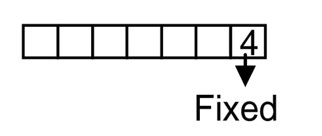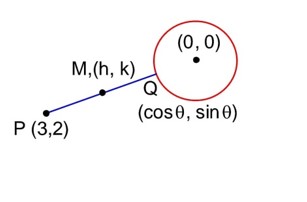Maths
Get insights from 6.5k questions on Maths, answered by students, alumni, and experts. You may also ask and answer any question you like about Maths
Follow Ask QuestionQuestions
Discussions
Active Users
Followers
New answer posted
3 months agoContributor-Level 10
Given n = 2x. 3y. 5z . (i)
On solving we get y = 3, z = 2
So, n = 2x. 33. 52
So that no. of odd divisor = (3 + 1) (2 + 1) = 12
Hence no. of divisors including 1 = 12
New answer posted
3 months agoContributor-Level 10
Given
OR
-> Since curve intersect x + 2y = 4 at x = -2 then y = 3 so
From (ii)
put x = 3, then
New answer posted
3 months agoContributor-Level 10
Given f (k) =
Case I : If x is even then g (x) = x . (i)
Case II : If x is odd then g (x + 1) = x + 1 . (ii)
From (i) & (ii), g (x) = x, when x is even
So total no. of functions = 105 * 1 = 105
New answer posted
3 months agoContributor-Level 10
Now equation of line OA be
direction cosines of plane are 4, -5, 2
Equation of any point on OA be
Since O lies on given plane so
So, O (9/5,2,27/5). Hence by mid-point formula
B
New question posted
3 months agoNew answer posted
3 months agoContributor-Level 10
3, 4, 5, 5
In remaining six places you have to arrange
3, 4, 5,5
So no. of ways
Total no. of seven digits nos. =
Hence Req. prob.

Taking an Exam? Selecting a College?
Get authentic answers from experts, students and alumni that you won't find anywhere else
Sign Up on ShikshaOn Shiksha, get access to
- 66k Colleges
- 1.2k Exams
- 681k Reviews
- 1800k Answers


